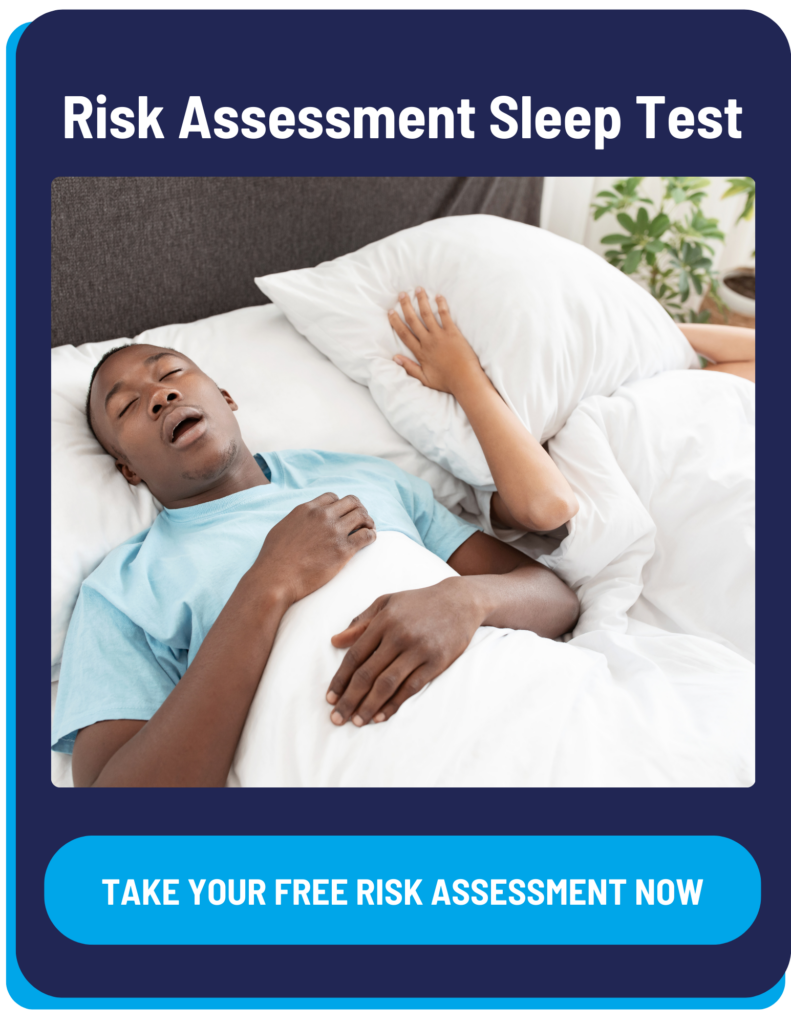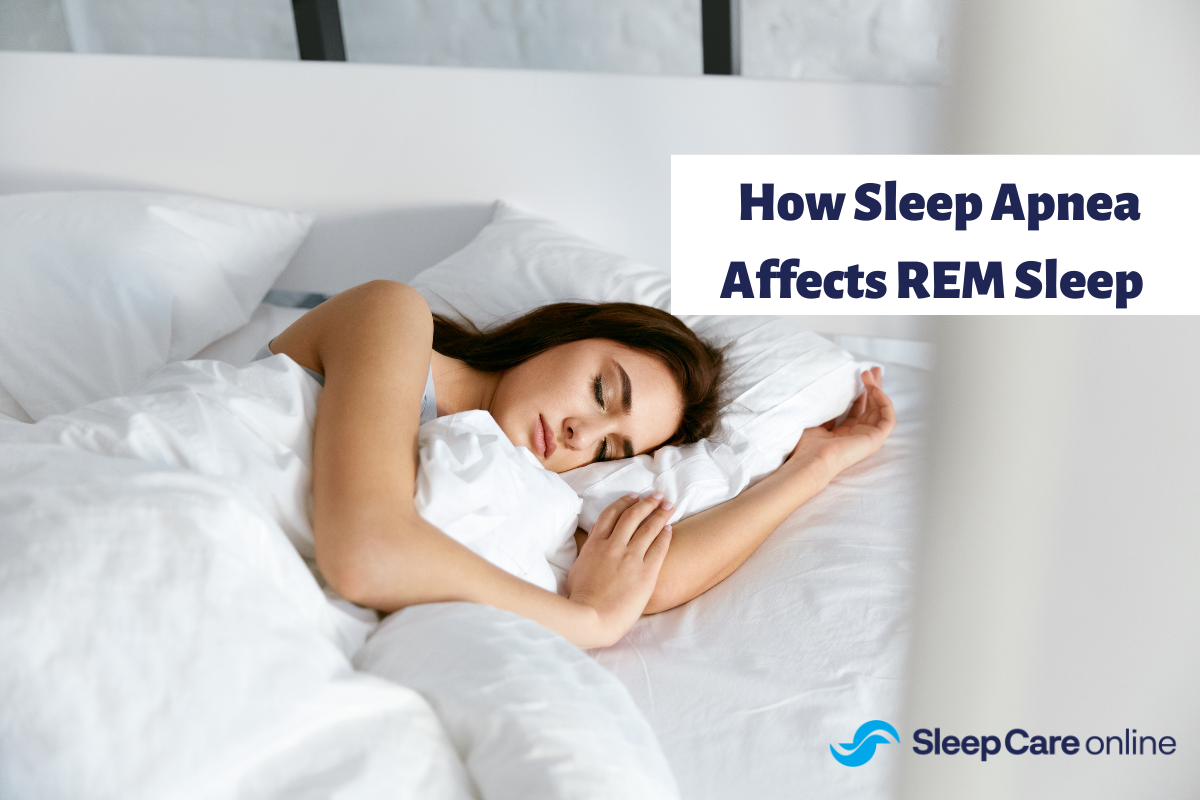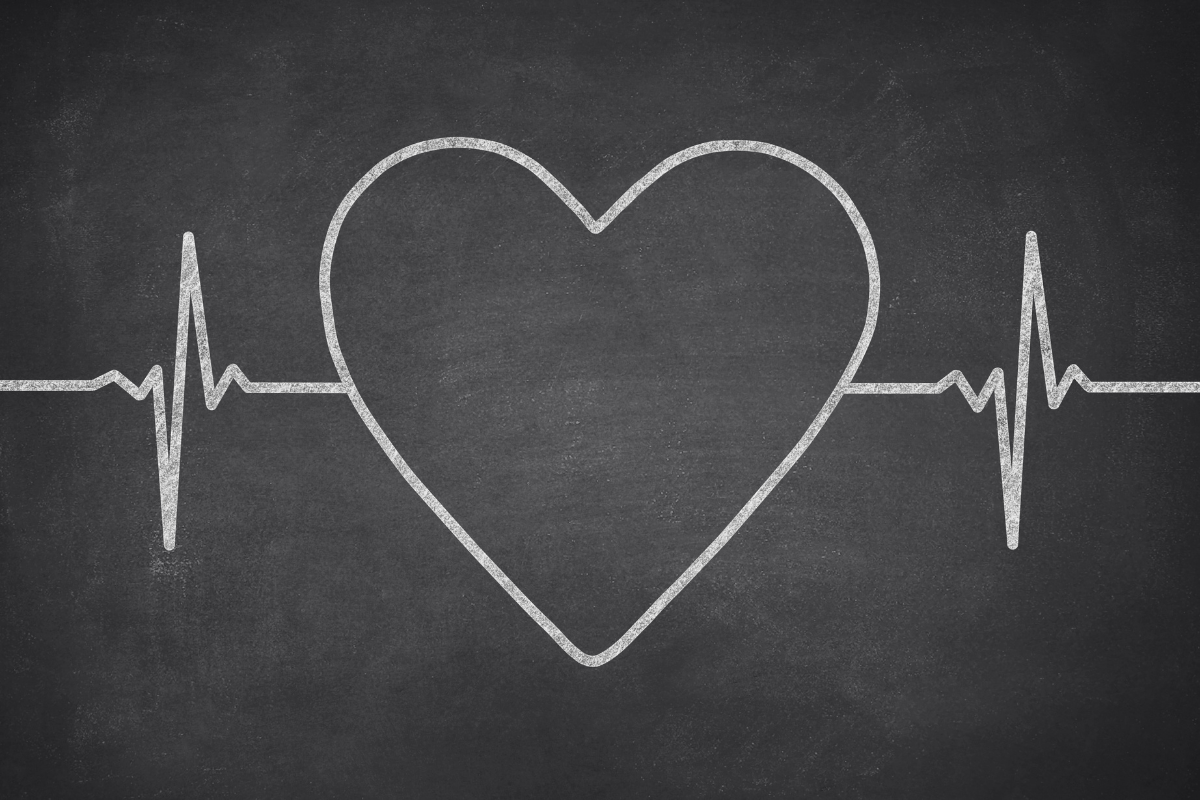
Sleep apnea has more impact on health than just chronic daytime drowsiness. Long-term sleep deprivation from untreated sleep apnea can elevate blood pressure and put a strain on the cardiovascular system.
Sleep Apnea And High Blood Pressure – The Link Between
Hypertension, or elevated blood pressure, is a chronic health problem in which the volume of force used to pump blood into vessels is greater than average. People with hypertension often experience no signs and are only discovered to have elevated blood pressure during regular doctor’s office visits. High blood pressure places a constant burden on the cardiovascular system if left untreated, which can lead to stroke, cardiac failure, and other complications. Fortunately, treating hypertension with drugs and making dietary improvements will lower the likelihood of negative health consequences.
When a person with OSA has an airway collapse and ceases breathing for a short period of time while sleeping, their sympathetic nervous system is stimulated, and blood pressure quickly rises when they start breathing. This pattern of pausing and restarting breathing will cause a person to awaken from their sleep. When a person wakes up after an OSA episode, the sympathetic nervous system is activated, and blood pressure levels rise much higher.
The use of continuous positive airway pressure (CPAP), which aids in regular breathing while sleeping, can potentially lower blood pressure. Patients with resistant hypertension benefit more from CPAP, making it a viable treatment option for these high-risk patients.
Insulin Resistance and Obesity
Insulin resistance, obesity, sleep apnea, and high blood pressure are related to one another and share a complicated connection.
It may be due to obesity and high blood pressure. Insulin resistance occurs when the liver, muscles, and fat do not respond to insulin and are also not able to take glucose from the blood. This will lead to excess levels of glucose in the blood and cause diabetes. Obesity also increases the risk of high blood pressure. Research shows that sleep apnea and high blood pressure affect each other and can damage the cardiovascular health of a patient.
Does Sleep Apnea Cause High Blood Pressure at Night?
According to the World Journal of Cardiology, blood pressure may dip anywhere between 10% to 20% at night.1 Patients who experience little to no dip in their blood pressure, may be more at risk for cardiovascular-related risk events. Some research, as published in the journal Hypertension suggests that up to 50% of patients with hypertension also experience sleep apnea.2
Sleep apnea is a common disorder involving frequent collapsing of the upper airway during sleep. These periods of collapse prevent oxygen from flowing through the blood to the lungs and brain and cause individuals to stop breathing. In severe cases, patients can stop breathing more than 30 times per hour.
If left untreated, sleep apnea can result in an increased risk of developing hypertension.
Can Sleep Apnea Cause High Blood Pressure in The Morning?
Most often, blood pressure returns to normal levels shortly before the body wakes up. In some instances, however, individuals may experience elevated blood pressure levels in the morning prior to them returning to normal levels. Dr. Howard LeWine, the Chief Medical Editor of Harvard Health Publishing, suggests that this elevated blood pressure can be related to, among other things, sleep apnea. This may be a result of the stress that apnea events place on your body as well as the low blood oxygen levels they cause.
What Is the Best Time to Check Blood Pressure?
If you have been diagnosed with hypertension, the American Heart Association recommends that you check your blood pressure daily with a home monitor. To ensure accurate readings, they suggest two checks per day (morning and evening), around the same time every day.3
Sleep Apnea and Low Blood Pressure
Low blood pressure is a prevalent disorder in people suffering from Upper Airway Resistance Syndrome (UARS). Sleep Apnea is one of the major UARS disorders and heavily affects blood pressure leading to serious fluctuations.
How Does Sleep Apnea Treatment Affect Blood Pressure?
There are a number of treatments for sleep apnea that can totally affect and help manage your blood pressure. The most common and effective treatment for sleep apnea is CPAP or Continuous Positive Airway Pressure.
CPAP treatment involves supplying pressurized air to the lungs in order to prevent the airway from collapsing for a better night’s sleep. Studies that investigated the effects of CPAP therapy on hypertension show that CPAP therapy at night helps control and lower blood pressure during the day and during your sleep.
Lastly, losing weight and a steady, well-maintained diet is also an approach to treating sleep apnea and Hypertension simultaneously.
Should I Take a Home Sleep Apnea Test If I Have Hypertension?
According to the American Heart Association’s guidelines on blood pressure, obstructive sleep apnea can be one of the secondary causes of resistant hypertension. If you are on medication to manage your blood pressure but it is unsuccessful, it is referred to as resistant hypertension. A diagnosis of sleep apnea helps to ensure proper treatment, which may help improve blood pressure levels.
Additional causes of hypertension can include family history, diet, or other medications.
How To Diagnose Sleep Apnea at Home
A home sleep test is an easy and convenient way to find out if you have sleep apnea. You can receive your test from Sleep Care Online. Here is how it works:
- With the Complete Care Package, schedule a 10-minute telehealth visit with a healthcare provider to discuss your symptoms, upcoming sleep study, test results, and treatment options.
- A multi-night, disposable home sleep apnea test is mailed to your home to be completed at your convenience.
- A physician analyzes the sleep data and provides a prescription if needed.
- Schedule an optional follow-up appointment (additional fee applies).
- We connect you to sleep experts who can offer customized sleep therapy options, assistance in equipment purchase, and initial set-up.
If you have additional questions about the Complete Care Package or Sleep Care Online, give us a call at 866-465-4478 or email us at contact@sleepcareonline.com.
References On Sleep Apnea and High Blood Pressure:
- Bloomfield D, Park A. Night time blood pressure dip. World J Cardiol. 2015;7(7):373-376. doi:10.4330/wjc.v7.i7.373
- Konecny Tomas, Kara Tomas, Somers Virend K. Hypertension. Obstructive Sleep Apnea and Hypertension: An Update. Published 30 Dec 2013. Accessed July 2020.
- American Heart Association. Monitoring Your Blood Pressure at Home. Updated 2017 Nov 30. Accessed July 2020.




